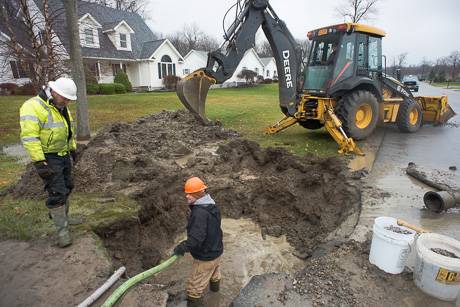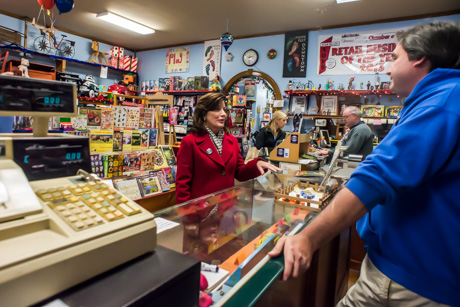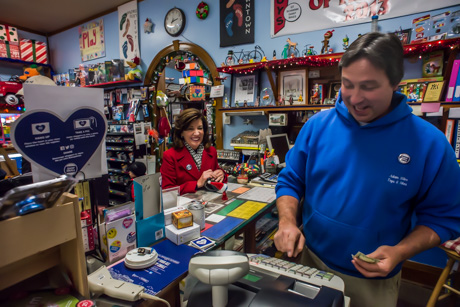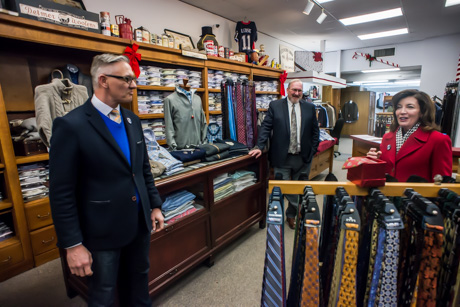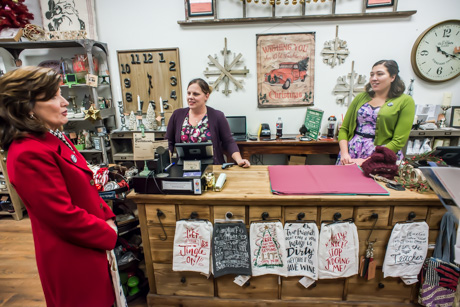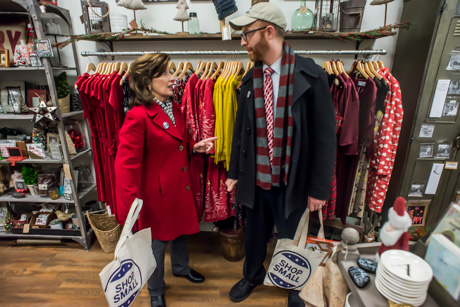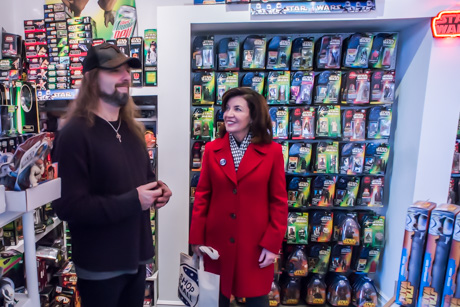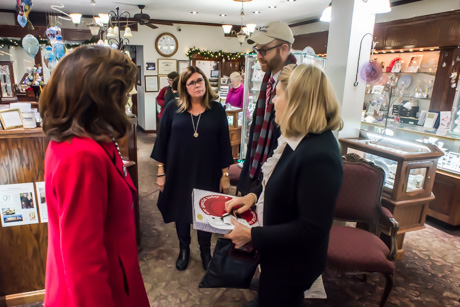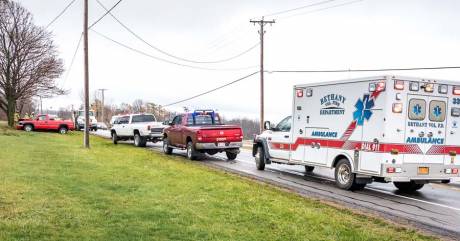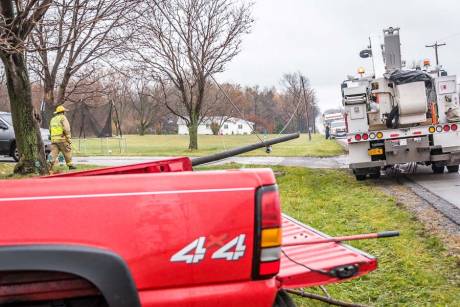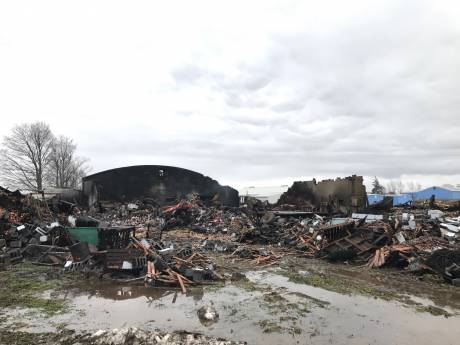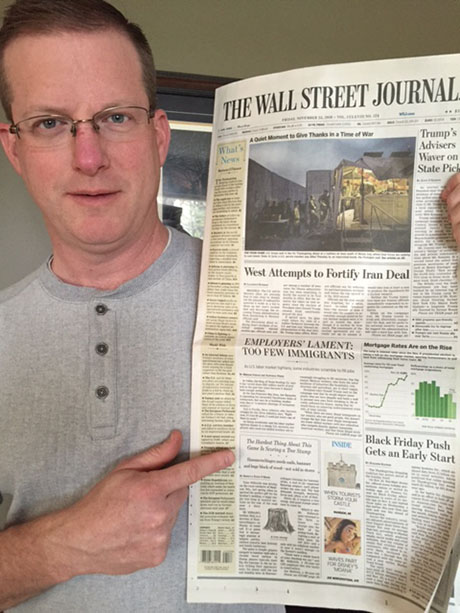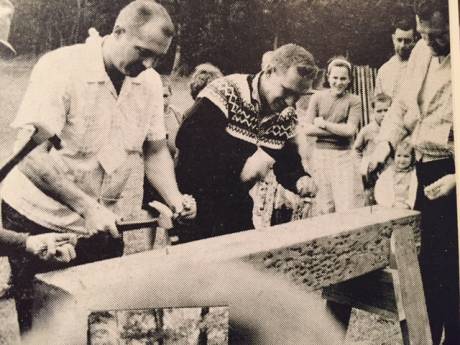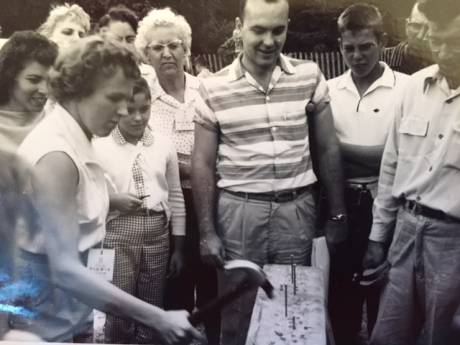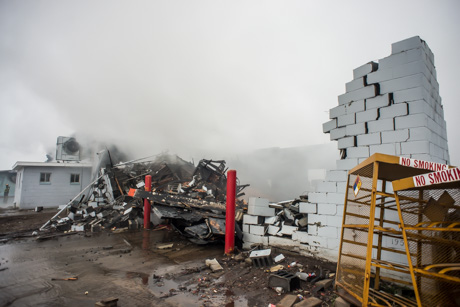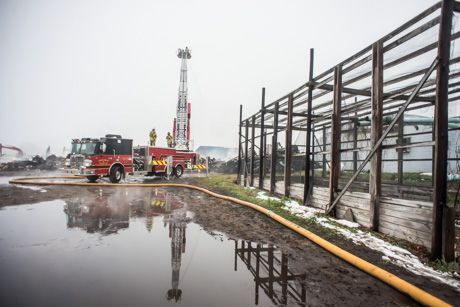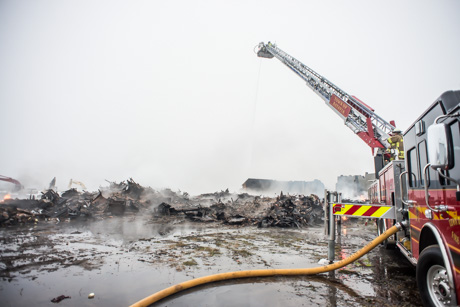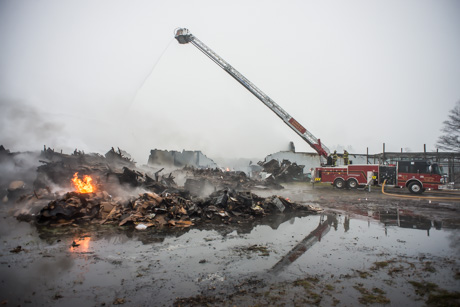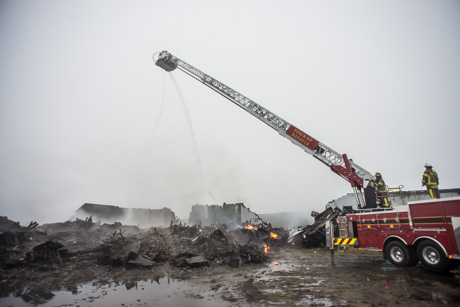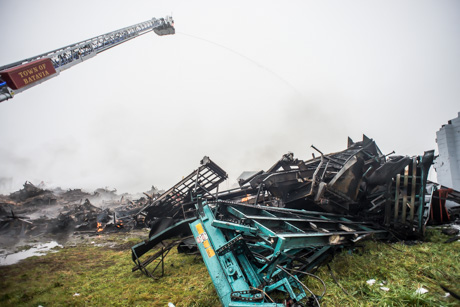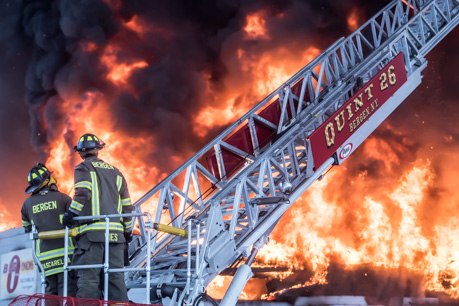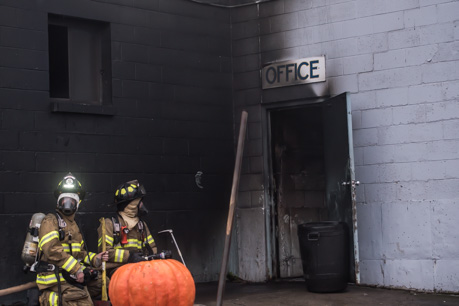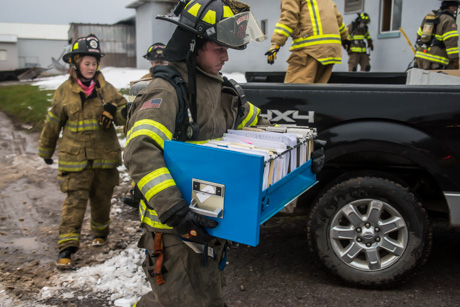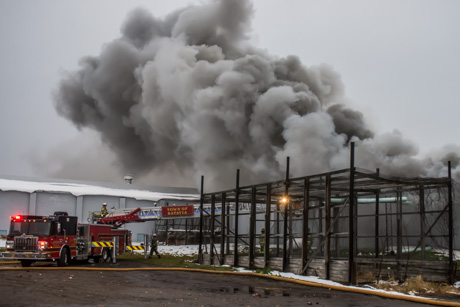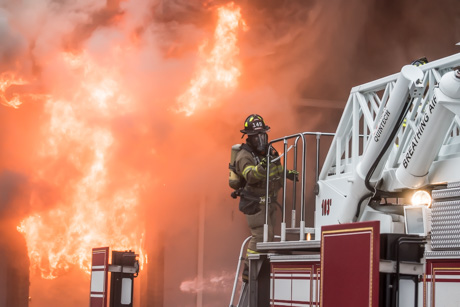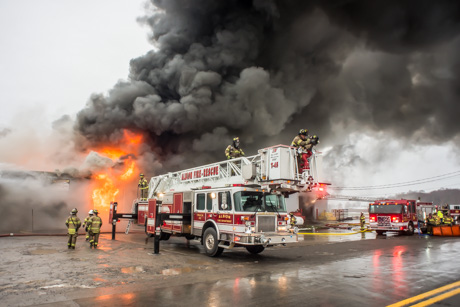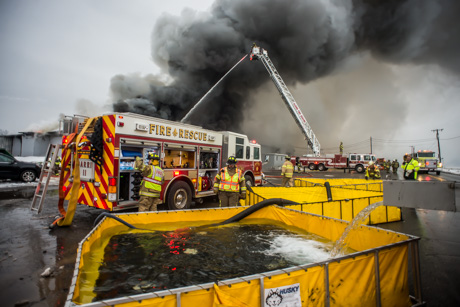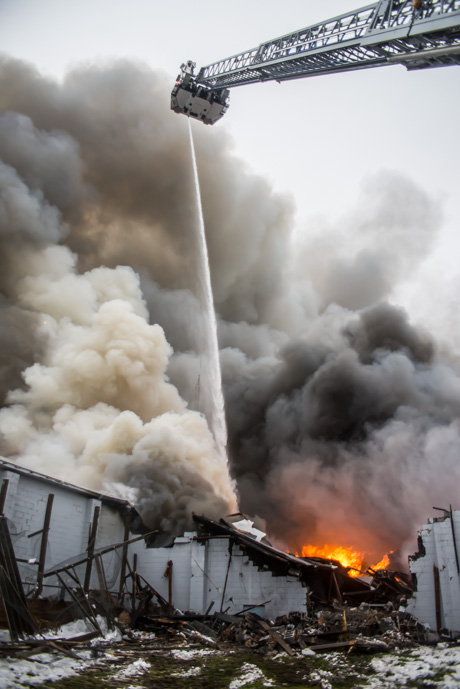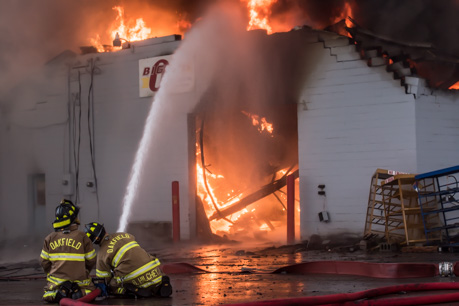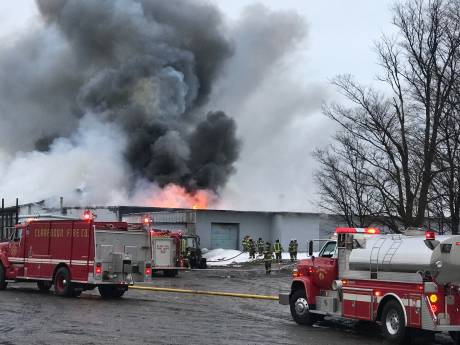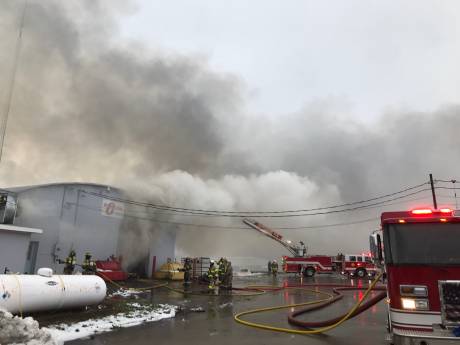Council's digital sign votes support business marketing efforts
City Council passed three measures relating to digital signs on Monday night that back its claim as a business-friendly governing body.
The board's unanimous votes modified recommendations by the City Planning & Development Committee, which had worked with the Genesee County Planning Board to revamp the city's sign code.
The first change reduces the amount of time that the message on an electronic digital sign could be changed -- from once every hour to once every 10 seconds. The second eliminates an annual $25 fee that would have been imposed upon a business owner to operate a digital sign, and the third "grandfathers" in digital signs that currently are located in zoning districts (such as Residential and/or Industrial) not authorized to have electronic message boards.
"We're promoting small business, so I think we should leave it up to them (business owners)," said Council President Eugene Jankowski Jr., who instructed Council in the voting procedure. "Ten seconds ... keep it reasonable."
Prior to the discussion and vote, Council heard from Guy Clark, owner of Cedar Street Sales & Rentals, who has a digital sign but, under current rules, was unable to use it. Clark had previously addressed Council and the City Planning & Development Committee about the one-hour restriction.
Once again, Clark asked Council to permit the message to be changed every 10 seconds and to allow those with "nonconforming" signs to be phased into the code. He was supported by Batavian John Roach, who added that he thought the $25 annual fee was just another name for another tax.
"You (City Council) call it a fee, but it's a tax," Roach said. "I call it a money grab."
Council members agreed fairly quickly to approve the 10-second measure, and change the annual $25 fee to an initial fee of $25. They discussed for several minutes, however, the pros and cons of digital signs in residential/industrial zones.
Before the vote to grandfather the six property owners affected by the zoning requirement -- Cedar Street Rentals, United Memorial Medical Center, the two city high schools and two churches -- Councilman John Canale asked why digital signs weren't allowed in Industrial zones in the first place, noting that commercial ventures sometimes pop up in those areas.
City Manager Jason Molino said the rule of thumb is to keep digital signs in certain areas and away from people's homes as much as possible.
Following the vote, Council asked Molino and city planners to look into this issue and report back to the board.
Afterward, Clark said he was relieved by Council's actions.
"I think it's a very fair decision, and it certainly pleases us," he said. "And I was also concerned about an industrial center (that) opens up and a commercial business wants to go in there. So they left the door open a little bit for that down the road if someone did want to do that."
Clark said that along with messages that promote his business, he wants to put information such as time and temperature, and "put a funny little quote up there -- offer a free service for public, for not-for-profits. We'll put your message up there for you."
Another important change to the sign code is the elimination of county and city planning board reviews and special permits for those seeking area variances (example, changing the size of a sign), and enabling the applicant to go directly before the Zoning Board of Appeals. This modification would cut the approval process from 30 to 45 days to a day or two, Molino said.
Moving forward, Molino advised Council to schedule a public hearing on the sign code at its Dec. 12 business meeting for its first meeting of the new year (Jan. 9).


